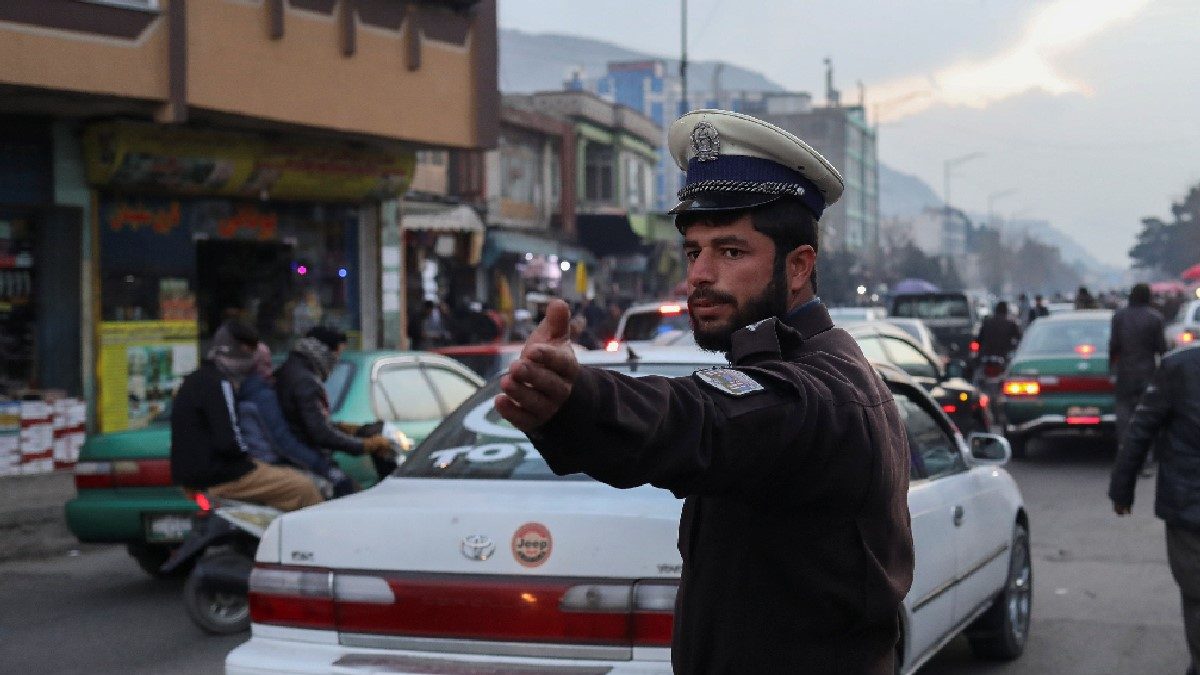The bustling streets of Kabul, Afghanistan, were thrown into chaos on Monday as a suicide bomber detonated explosives, claiming the lives of six innocent civilians and injuring thirteen others. The attack, which occurred in the southern district of Qala-e-Bakhtiar, is a grim reminder of the persistent threat of violence in the war-torn nation, despite the Taliban’s takeover and the relative decline in overall conflict.
A Brutal Act of Terrorism
The blast, which ripped through the heart of the capital city, sent shockwaves across the nation. The perpetrators, who remain unidentified, carried out this heinous act with the sole purpose of causing widespread terror and suffering. The attack serves as a poignant reminder of the vulnerability of civilians caught in the crosshairs of violence, especially in conflict zones where security remains fragile.
Targeting Civilians: A Cruel Tactic
The deliberate targeting of innocent civilians is a hallmark of terrorism. By inflicting pain and fear upon those who pose no threat, perpetrators aim to destabilize communities, sow discord, and ultimately achieve their political objectives. The targeting of civilians, regardless of their faith or affiliation, is a violation of basic human rights and stands as a grave affront to all principles of peace and justice.
A Persistent Threat: Islamic State Khorasan
While the Taliban’s ascendance in Afghanistan marked a significant shift in the landscape of the conflict, the specter of violence has not disappeared. The Islamic State Khorasan Province (ISKP), a regional affiliate of the Islamic State, has emerged as a formidable force, relentlessly challenging the Taliban’s authority.
An Ongoing Battle for Control
The ISKP has long sought to establish itself as a dominant force in Afghanistan, vying for control with the Taliban and launching a string of attacks against civilians, foreigners, and Taliban officials. These attacks highlight the complexities of the conflict, where multiple factions vie for power and dominance. The Taliban’s efforts to stabilize the country are hampered by the continued presence of ISKP, which seeks to exploit existing tensions and create further chaos.
The Fight for Stability
Afghanistan, after two decades of war, is navigating a precarious path toward stability. The Taliban’s grip on power, however, does not guarantee peace. The ongoing threat from the ISKP and other extremist groups serves as a constant reminder that achieving a lasting peace in Afghanistan remains a long and challenging journey.
Addressing the Root Causes of Violence
While the focus often falls on combating terrorism through military means, a long-term solution requires a holistic approach that addresses the root causes of violence and extremism. This includes promoting economic development, addressing social grievances, and fostering dialogue among various stakeholders. It is only through a multi-pronged approach, focusing on both security and development, that lasting peace and stability can be achieved in Afghanistan.
The Cost of Violence
The suicide bombing in Kabul highlights the devastating impact of violence on ordinary people. The lives lost and families torn apart are a stark reminder of the human cost of conflict. Beyond the immediate tragedy, these attacks also inflict lasting psychological trauma and contribute to an environment of fear and insecurity.
A Call for Peace and Unity
The international community must continue to support the people of Afghanistan in their pursuit of peace and stability. Efforts to combat terrorism must be accompanied by investments in development, humanitarian assistance, and the protection of human rights.
Take Away Points:
- The recent suicide bombing in Kabul demonstrates the enduring threat of violence in Afghanistan.
- The Islamic State Khorasan is a persistent force actively challenging the Taliban’s authority.
- Targeting civilians is a horrific tactic employed by extremist groups to sow terror and destabilize communities.
- Addressing the root causes of violence, including poverty and social injustice, is critical to achieving lasting peace in Afghanistan.
- The international community has a responsibility to provide sustained support to the people of Afghanistan in their journey towards peace and stability.




